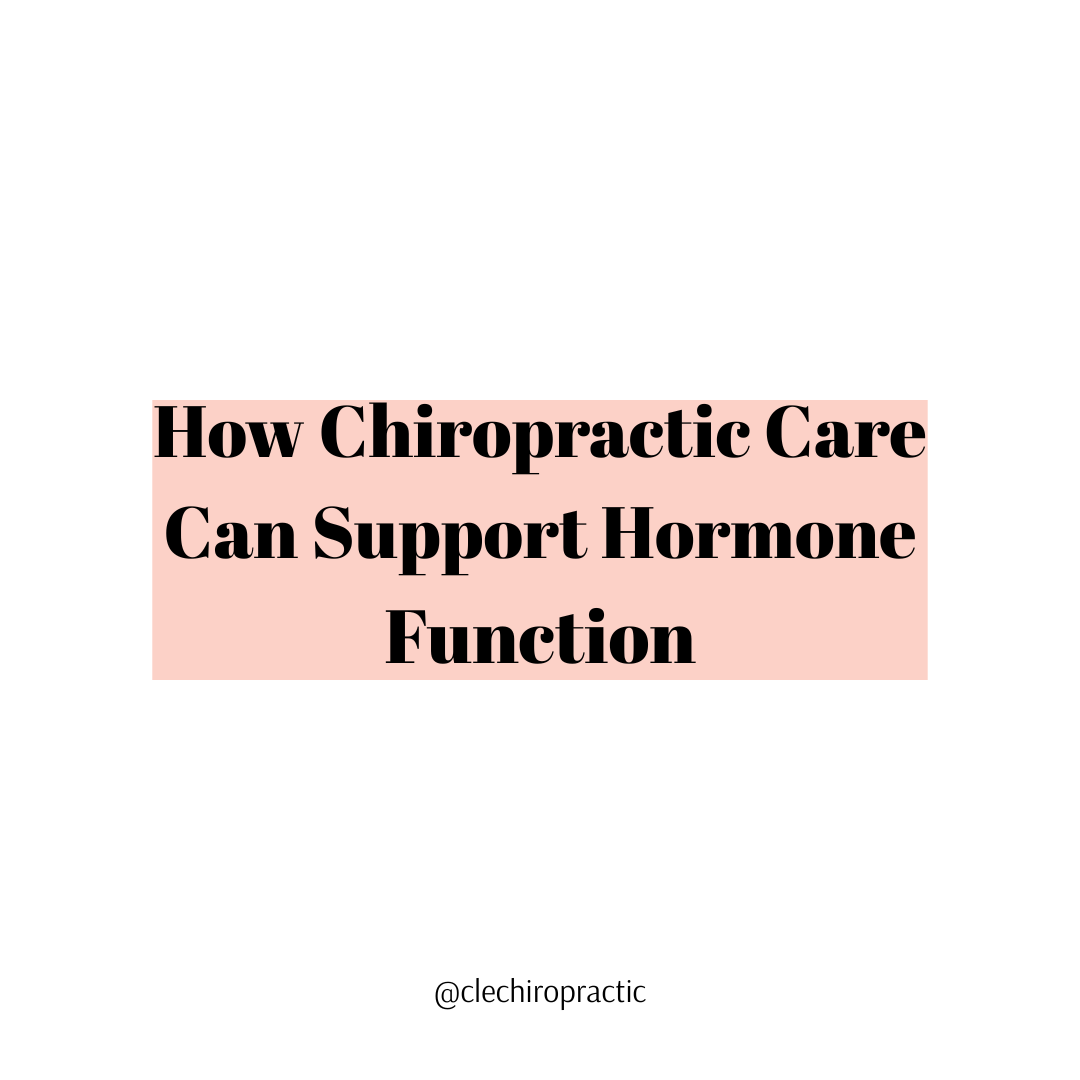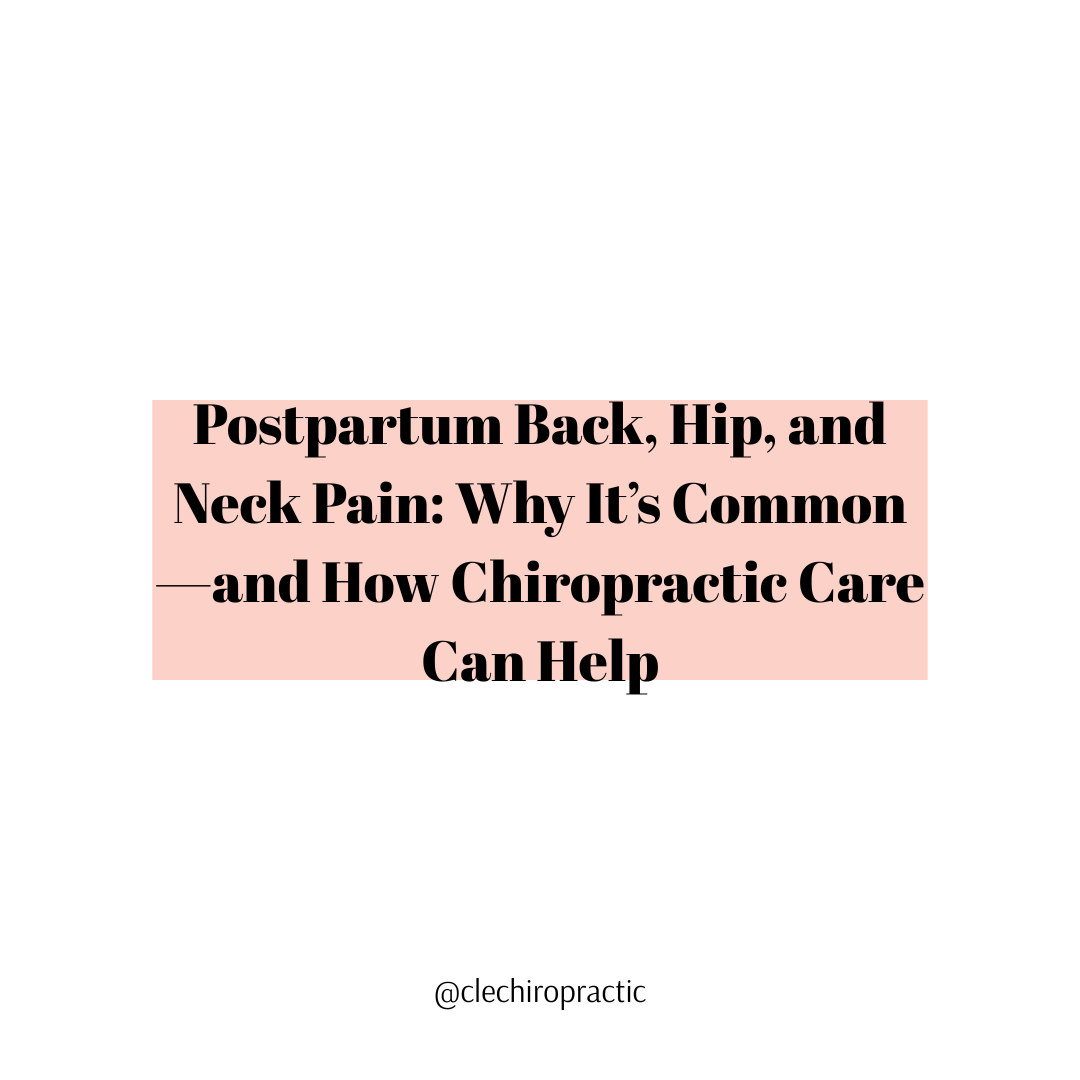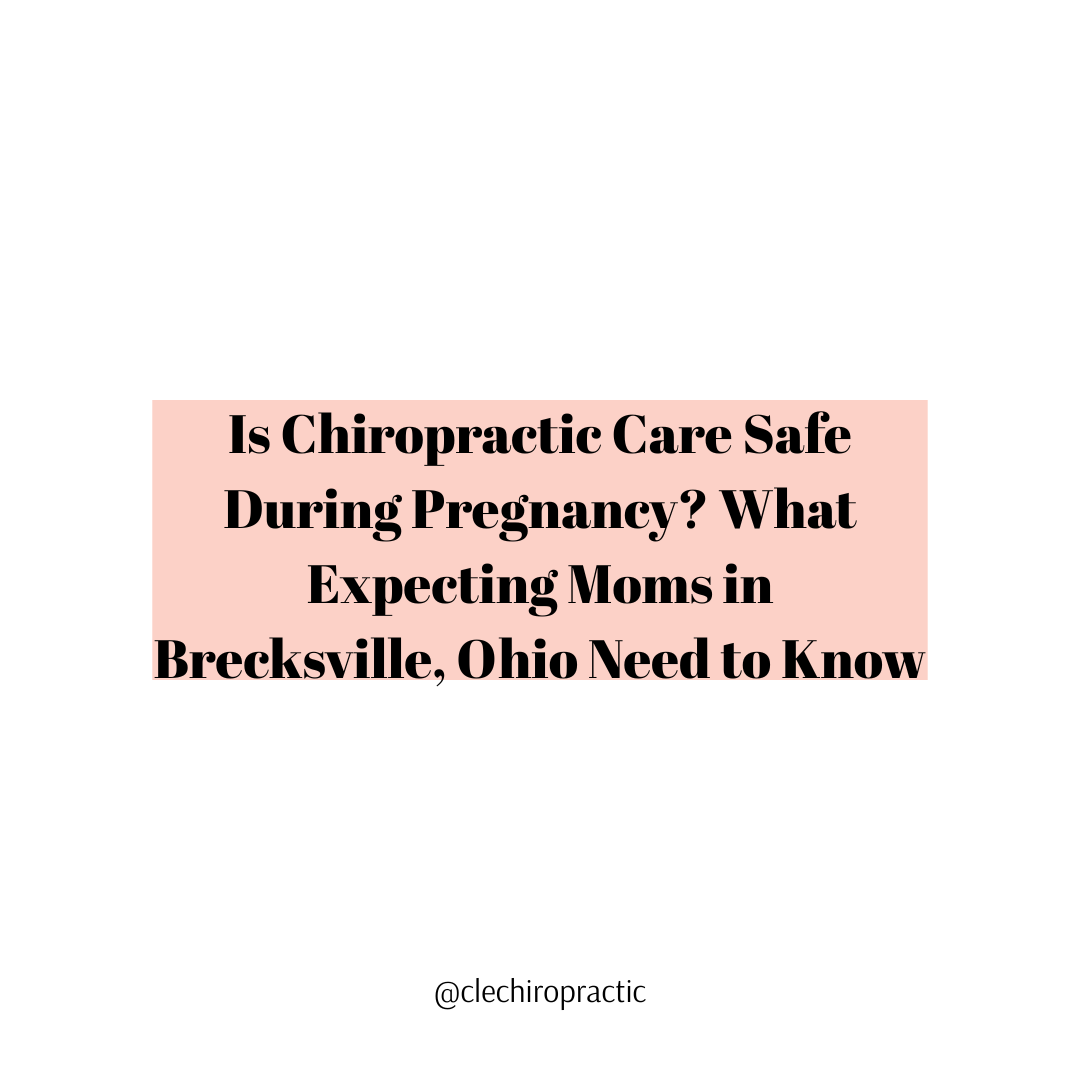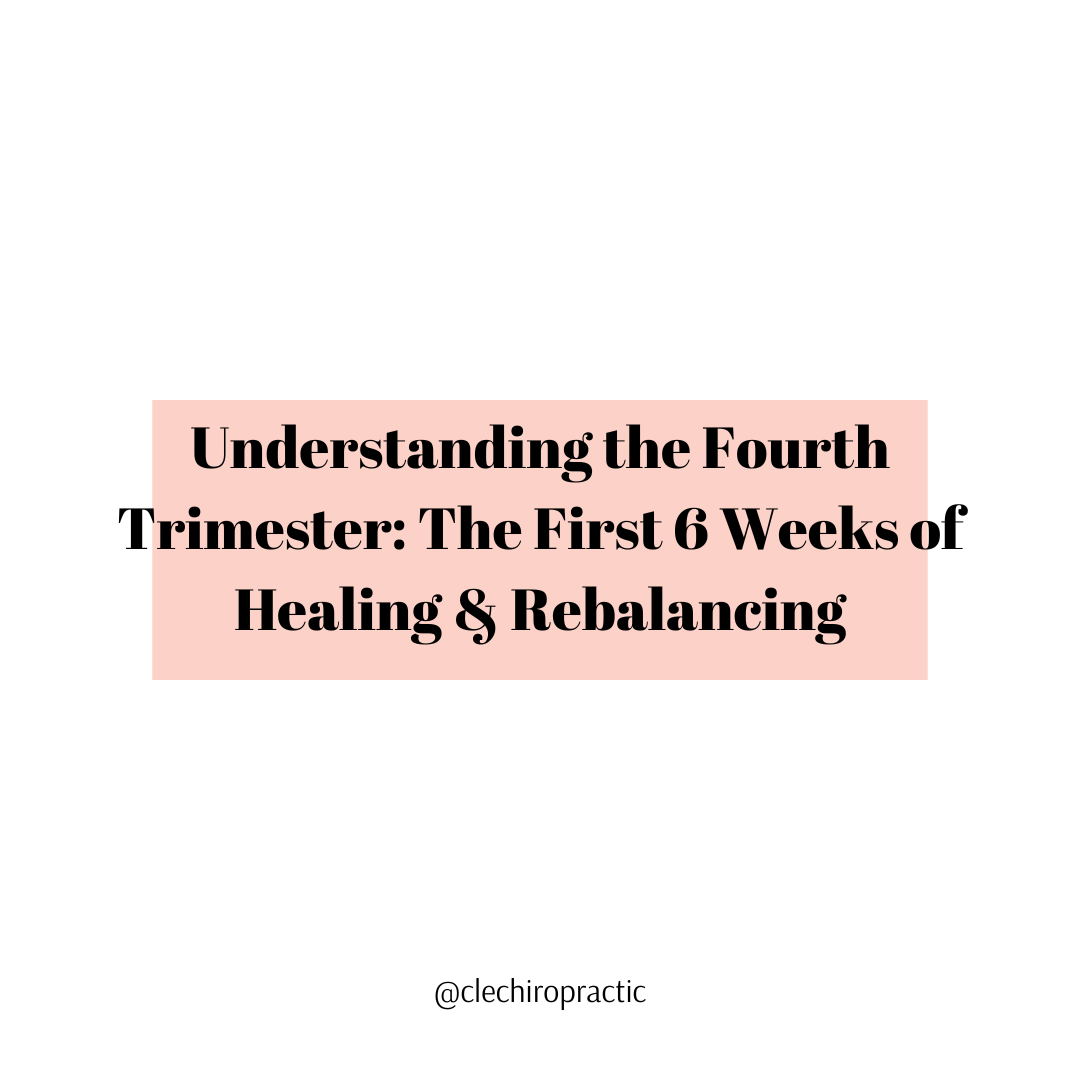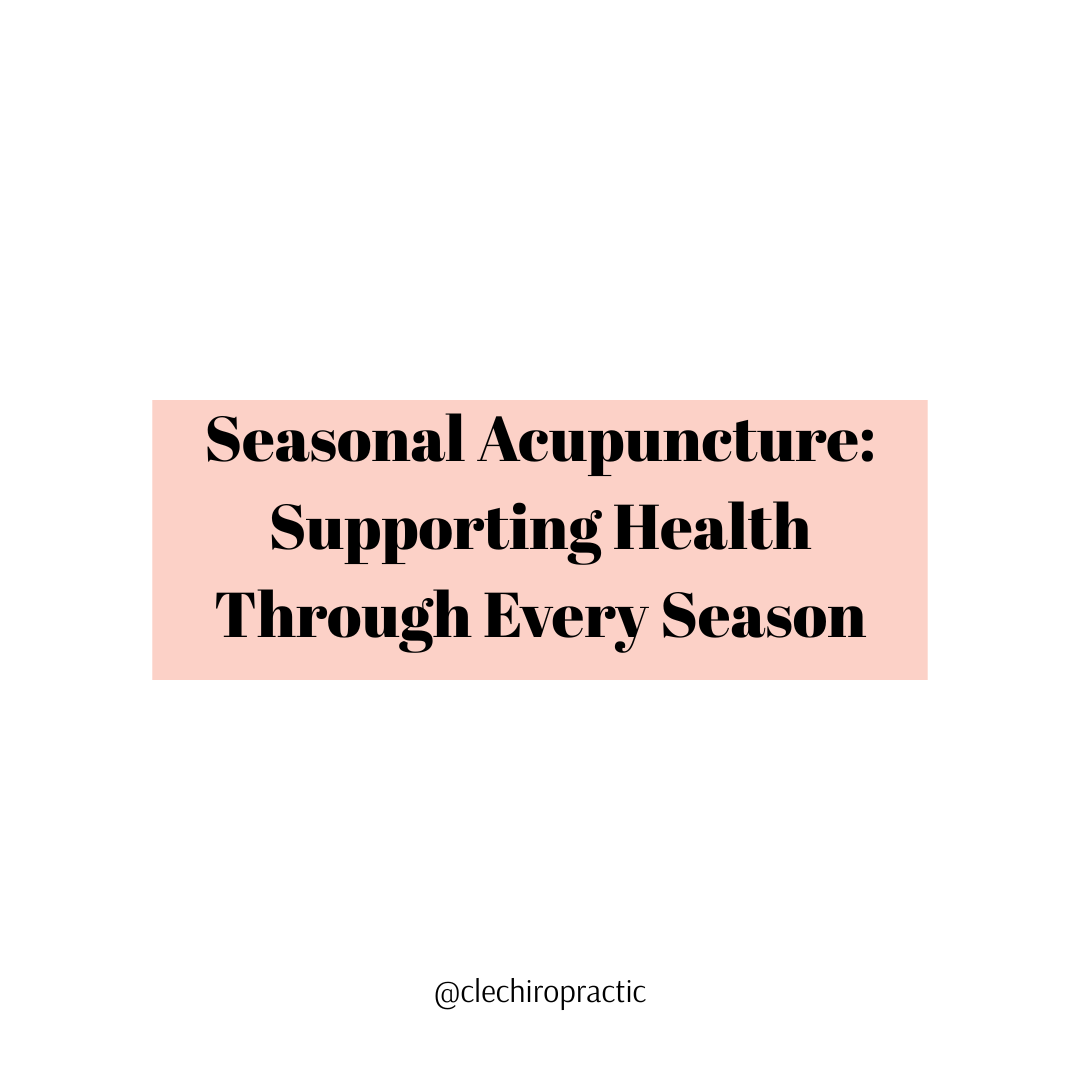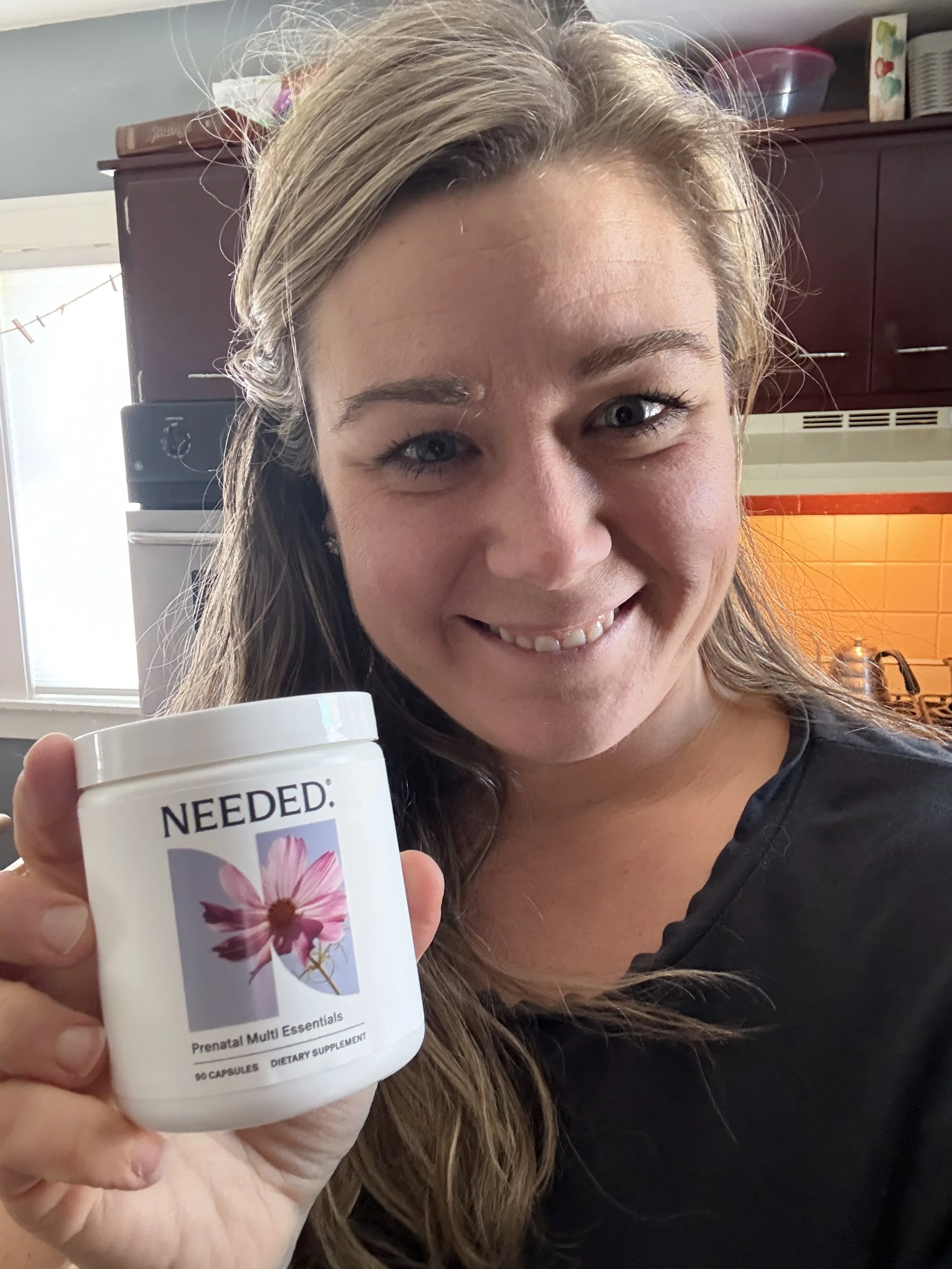After supporting hundreds of women throughout their fertility journeys and pregnancies (as well as welcoming four babies of my own), I’ve learned that what nourishes a growing baby starts long before birth and goes beyond what most prenatal vitamins offer. While prenatal supplements are designed to fill nutritional gaps in the diet, data suggests that up to 95% of women experience nutritional depletion, even when taking a prenatal vitamin. Standard prenatal vitamins provide the bare minimum recommended amount, which is based on outdated RDAs (recommended daily amounts) and they offer less than ideal forms and amounts of the vitamins and minerals which can impact absorption.
When patients ask me what prenatal vitamin to take, I recommend Needed Prenatal Multi because it provides methylated folate (not folic acid), active nutrient forms for better absorption, and clinically studied amounts of vitamin D3, choline, and zinc that support neural tube development, maternal health, and fetal brain growth throughout pregnancy. Needed’s products are formulated for nutrient repletion and optimization and the Needed Prenatal Multi provides 8x more nutrition than leading prenatals*. Another bonus: it is only 3 capsules. If you know me, you know I am not shy to share that I do not like swallowing pills/capsules during pregnancy (it tends to make me nauseous) and I have many other patients/clients who experience the same feelings.
Why are these nutrients important during pregnant?
Needed Prenatal Multi Essentials vs. RDA vs. other leading prenatal brands
Vitamin D: supports overall well-being of your baby, healthy bone development, and development of your baby’s teeth, kidneys, heart and nervous system
Choline: supports the growth and development of your baby’s brain and spinal cord. Choline can also influence cognitive function.
Folate: essential for closing the neural tube, which becomes your baby’s brain and spinal cord, helps blood cell production, and supports overall cell division, growth, and DNA synthesis.
When looking at prenatals, I am frequently asked why I am recommending a supplement with methylated folate VS folic acid. Folic acid needs to undergo a conversion process in the body before it can be utilized. It is estimated that 40-60% of the population has a gene variant that affects this conversion. When choosing a prenatal vitamin, like Needed Prenatal Multi, I recommend looking for methylated folate, since it is immediately available for conversion (thus better utilized) whether you have the MTHFR gene variant or not.
Prenatal before pregnancy?
When it comes to prenatal vitamins, I have the mindset “the earlier, the better”. When working with women on preconception preparation, I recommend at least three months of supplementation with a prenatal before pregnancy. So many of us are already walking around in a depleted state and early supplementation can help build nutrient reserves. In fact, according to NHANES data, women (including supplement users) are commonly low in critical nutrients such as Vitamin D, choline, calcium, magnesium, iron, zinc, and vitamins A, B6, K, and E.
Support for the Mother
We hear time and time again about how prenatals are important for fetal development, but one key point to highlight is that prenatal vitamins not only support a growing baby- they also support the woman growing the baby. Inadequate supplementation or inadequate nutrient intake from food sources can lead to maternal depletion. Pregnancy is a metabolically demanding state. Depletion during pregnancy can look like occasional fatigue that is more than “normal pregnancy fatigue”, muscle tension or cramps, mood changes, brain fog, poor sleep, hair loss, and slow postpartum recovery. These symptoms are often dismissed as “normal” and depletion during pregnancy leads to a depletion state postpartum.
Supplementing with a quality prenatal, like Needed Prenatal Multi:
Support nervous system function**
May help support a healthy stress response, improved sleep quality, and a calm mind**
Support muscle function and relaxation**
Support postpartum recovery as nutrient stores going into birth matter for healing**
If you are currently pregnant, trying to conceive, or thinking about trying to conceive, I strongly encourage you to take a look at your prenatal – choosing a high-quality prenatal is about nourishing your body during a metabolically demanding state. You and your (future) baby are worth it!
In health,
Dr. Candace
This post is sponsored by Needed, a brand I genuinely recommend to my patients and use personally.
** These statements have not been evaluated by the Food and Drug Administration. This product is not intended to diagnose, treat, cure, or prevent any disease.
* Based on the total daily dosage of nutrients provided compared to leading prenatals as determined by IRI sales data as of December, 2025.

